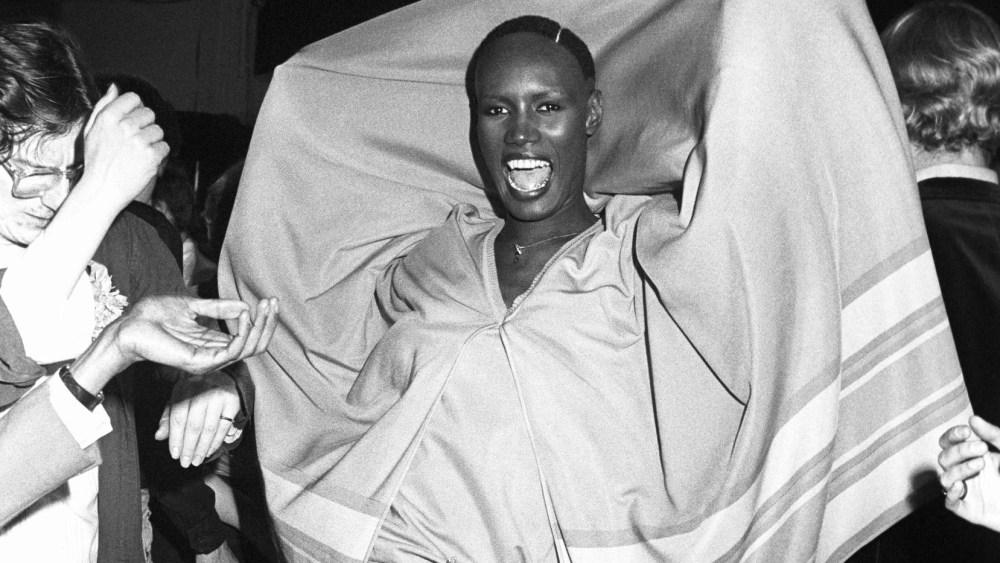As one of the most important resources of fashion news for more than a century, WWD’s coverage includes the most significant events and happenings in the fashion industry.
It’s a fact made clear from the beginning in June 1910, when the first stand-alone issue of the daily is published. Come Sept. 3, highlights of WWD’s historic coverage of the contribution of Black creatives to the business of fashion will be celebrated in the release of “Black in Fashion: 100 Years of Style, Influence and Culture” written by Tonya Blazio-Licorish and Tara Donaldson.
From its beginnings as a daily fashion trade newspaper, WWD’s coverage set a precedent to inform its reader from an inclusionary lens, with contributions from all sectors of the international fashion industry. Its unique vantage point as a daily publication engaged with fashion as fundamental to the currents in the zeitgeist, informed by shifts affecting the social and cultural conversation, incorporates what and who is new and next. Black creatives, while not always at the forefront of its business coverage, assist to contribute to the breadth of that coverage then and now.
With content curated exclusively from the Fairchild Archive by decade from 1910 to the present, “Black in Fashion” captures WWD’s historic coverage via stunning visuals, interviews and articles. It highlights one of fashion’s first influencers, Josephine Baker, who rose to fame in the early 20th century. Baker’s impact paves a path for singer and influencer Rihanna’s trending rise in the 2000s, almost exactly a century later. It illuminates WWD’s arts and entertainment coverage from its Eye and They Are Wearing sections, which begins in 1916 and remains a staple of WWD’s coverage today. It catches up with André Leon Talley, who gets his start at WWD.
Along with the models and designers making waves on and off the runway, “Black in Fashion” acquaints the reader with the voices behind the scenes whose contributions will move multimillion-dollar American fashion houses forward, their names less likely to becaptured in fashion’s timeline. It takes into context the consistency of WWD’s coverage of politics as more than a footnote to the economics of fashion’s evolution. From the Civil Rights Movement in the 1950s and 1960s, the Black Is Beautiful movement in the 1970s, America’s triumph at the “Battle of Versailles” in 1972 to hip-hop culture’s takeover of fashion in the 1990s, WWD is there, moving the conversation forward by tapping into the voices keeping fashion’s pulse in the present while preparing for its future.
Black in Fashion: 100 Years of Style, Influence & Culture

